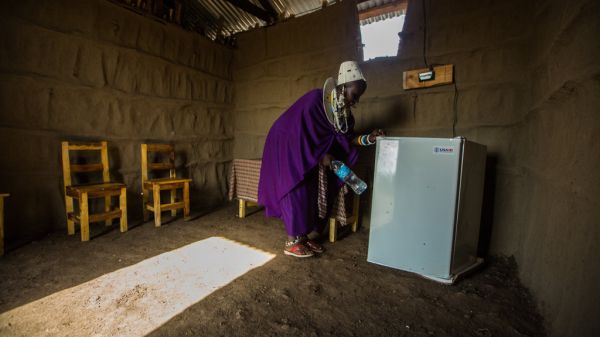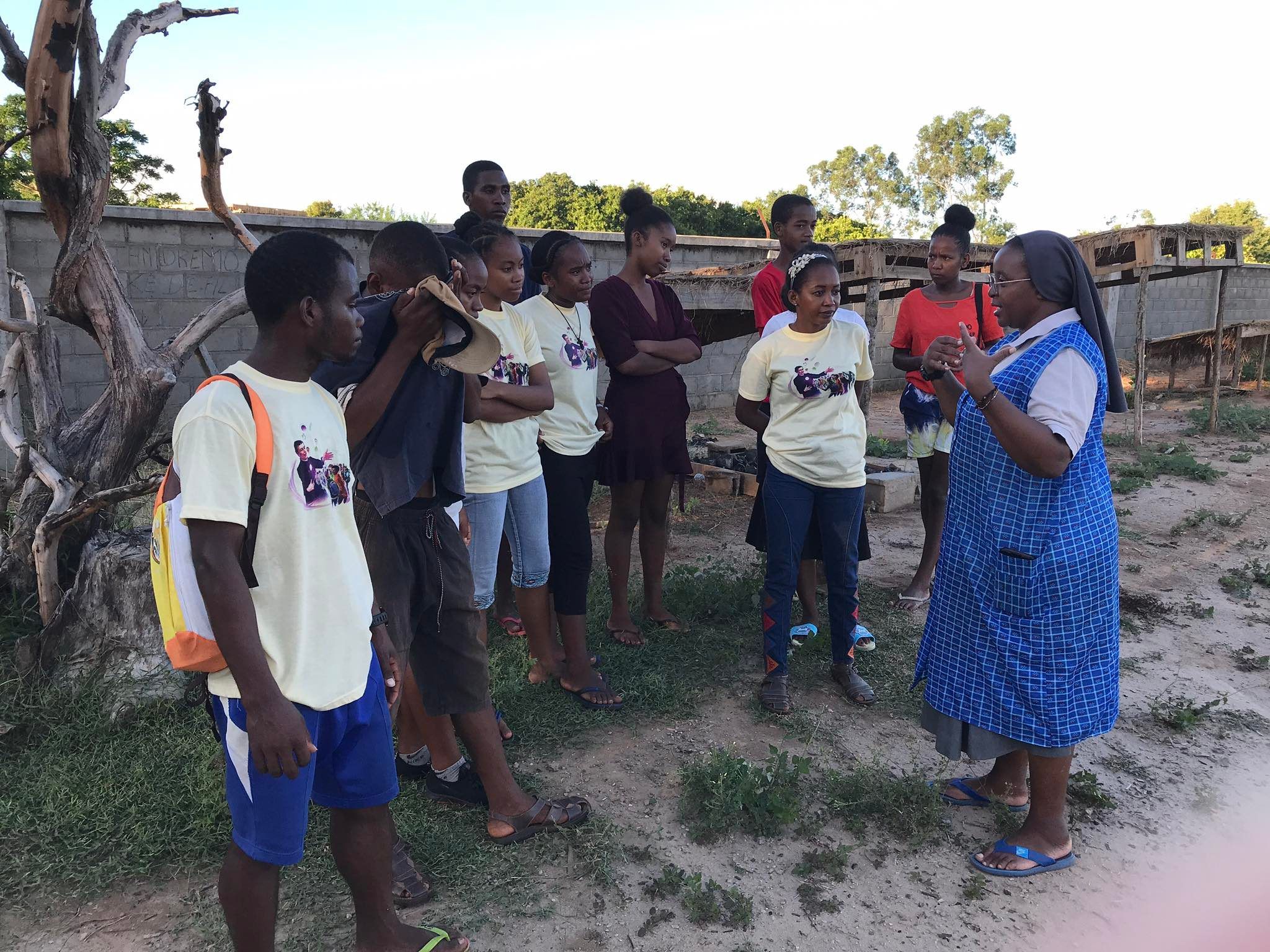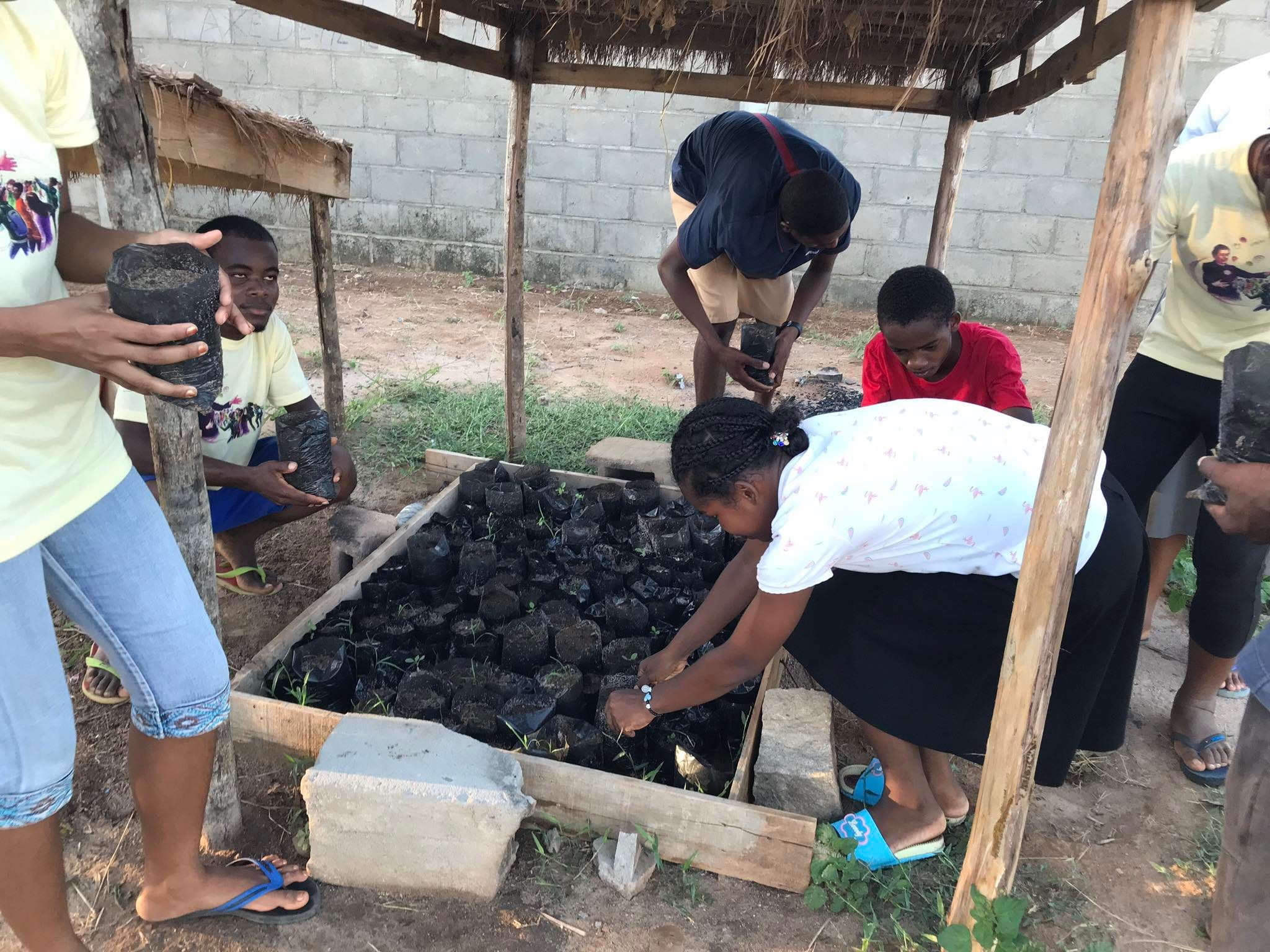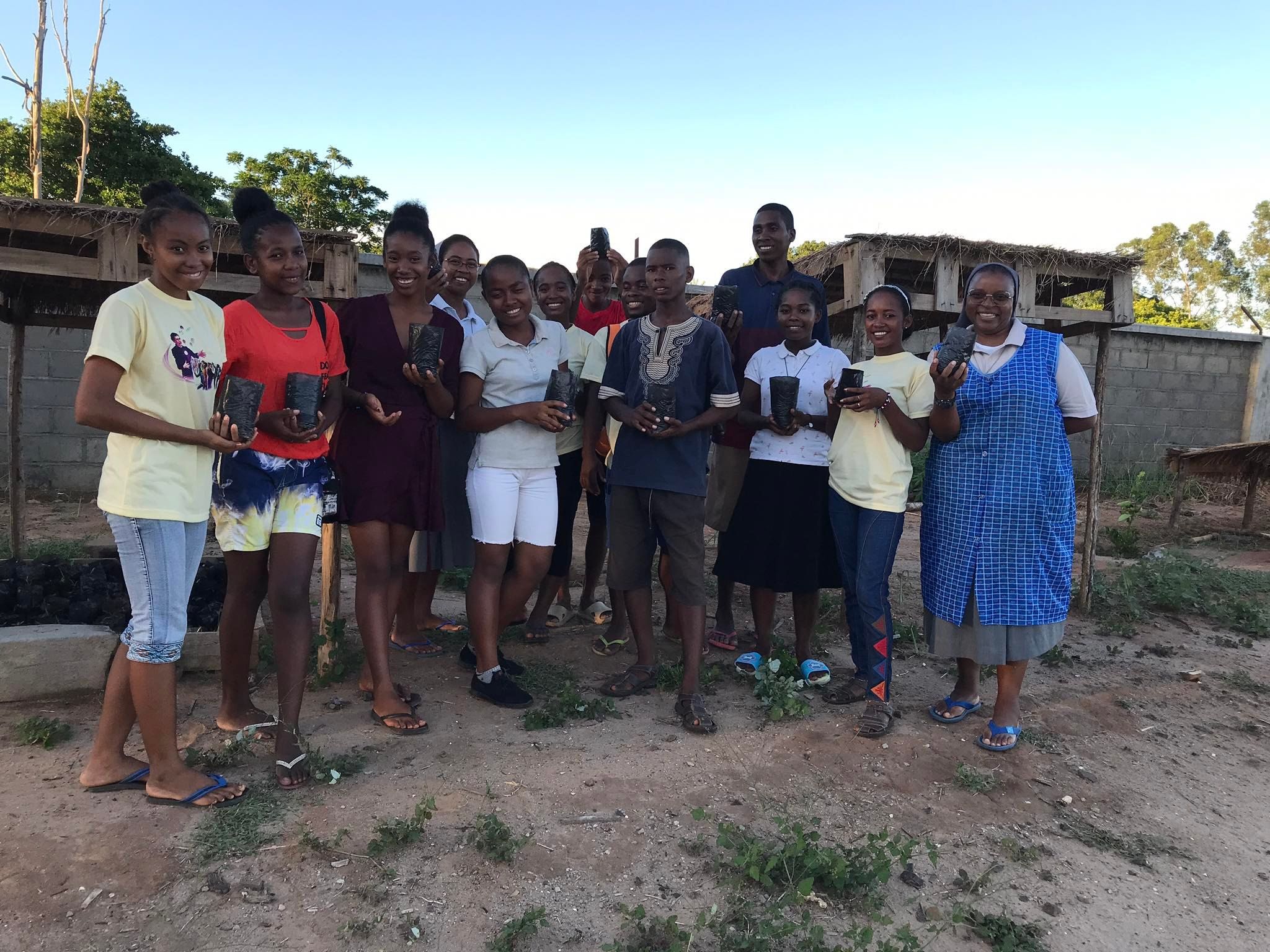How Hunger Challenges Environmental Education in Our Communities

Photo by Morgana Wingard / USAID U.S. Agency for International Development/Climate Visuals
In our century, environmental and climate change issues are increasingly becoming internationally and locally relevant. Today, the environment and climate change subject is one of the most concerns with which the human sciences are confronted. The Conference of Parties (COP) has not ceased reminding us of this emergency into which environmental and climate change issues have plunged us.
Throughout the world, the debate on environmental protection and climate change is increasing considerably. Sub-Saharan Africa, not being outdone in this regard, is a region whose wealth never ceases to amaze. If its subsoil is endowed with strategic minerals, its abundant soil and hydrography allow the development of indescribable biodiversity. Hence its protection, maintenance, and respect are essential. To achieve this, environmental and climate education is more than urgent and becomes the key to success in ecological and climate change matters in Sub-Saharan Africa.
In another region, a local group, Jeunes verts de Port Bergé, shares their perspectives.
Madagascar is the fifth largest island in the world, located in the Indian Ocean off the coast of southern Africa. Despite considerable natural resources, its population of around 28 million has one of the highest poverty rates raised in the world.
We are in the north of Madagascar. This is the region where there are a lot of cereals such as black yeuse, Antilles etc.
The land is still really fertile so it allows people to farm. Natural disasters like cyclones, deforestation, bushfires, higher temperatures, are exacerbating drought conditions, poverty, and population displacement. Crops fail and people have nothing to harvest, have nothing to replenish their food stocks.
To combat all this:
- We are making the effort to create many different nurseries to make our country green like it was at the beginning.
- We cultivate crops adapted to climate change.
- To treat plants, we use natural medicines such as tobacco, etc., we choose improved seeds to ensure harvests.
By doing this, we hope that we will have a stable life.
—Jeunes verts de Port Bergé
Madagascar est la cinquième plus grande île du monde, située dans l'océan Indien au large des côtes de l'Afrique australe. Malgré des ressources naturelles considérables population d'environ 28 millions d'habitants affiche l'un des taux de pauvreté les plus élevés au monde.
Nous sommes au Nord du Madagascar. C’est la région où il y a beaucoup de céréales comme black yeuse, Antilles etc.
Le terrain est encore vraiment fertile alors cela permet aux gens de cultiver. Mais à cause de la catastrophe naturelle comme le cyclone, changement climatique à cause de la disparition de forêt, feu de brousse. En effet il y a la température plus élevées, augmentation de sécheresse, pauvreté et déplacement de population, les plantes sont détruits, beaucoup de dégâts.
Alors la famine arrive facilement parce que les récoltes échouent constamment et les gens n'ont rien à récolter, n'ont rien pour renouveler leurs stocks alimentaire.
Pour lutter contre tout cela,
- Nous faisons l'effort de faire beaucoup de pépinière différents pour rendre en vert notre pays comme au début.
- Nous cultivons les agricoles adaptés au changement climatique.
- Pour traiter les plantes, nous utilisons les médicaments naturels comme le tabac etc, nous choisissons les semences améliorées pour assurer les récoltes.
Nous espérons que nous aurons une vie stable si nous pouvons faire mieux cette activité.
—Jeunes verts de Port Bergé

Jeunes verts de Port Bergé. Photo credit: Liliane Kaputo

Jeunes verts de Port Bergé. Photo credit: Liliane Kaputo

Jeunes verts de Port Bergé. Photo credit: Liliane Kaputo
Jeunes verts de Port Bergé. Media credit: Liliane Kaputo
As Nelson Mandela said, “Education is the most powerful weapon that we can use to change the world”. Since environmental challenges concern us all, everyone will have to get involved for the good safeguard of the common home. However, in Sub-Saharan Africa, communities and educators face challenges, one of which is hunger.
Lately, environmental issues have worsened conditions as many try to fight poverty and hunger to survive. All these three problems—poverty, hunger, and environmental issues—require education.
Primary needs such as access to food and water, are not being met. Before we turn our focus on secondary needs such as education, we must address the first. Otherwise, increasing access to education is barely explored or even wrongly addressed. With an empty stomach, it is hard for people to learn.
Here are five more accounts from environmental educators. Read about some of the challenges they face and how they find solutions.
- "Local Perspectives on Poverty, Hunger, and Environmental Education in Africa" digs into the issues and potential solutions for increasing access to education.
- everyday ghandis: Mahawa Komala is an environmental educator advocating for the sustainable use and management of community forests in Liberia.
- Eco Friendly Africa Initiative: Plangnan Damshakal, founder of the Eco Friendly Africa Initiative, discusses the climate change impacts.
- Youth Conservation Education Project: Basaija Augustine, director of the Youth Conservation Education Project, faces a unique conservation challenge with impacts on student hunger.
- Profile: CUBE: Therese Keita, co-founder of CUBE, describes working towards advancing STEAM-equity and climate action on the African continent.




Comments
In reply to 1580 by Rebecca Franzen
You are welcome
Mariam, I appreciate you shedding light on the interconnectedness of these issues and introducing the series of regional accounts. I hope this spurs further conversation! Thank you for writing this post.